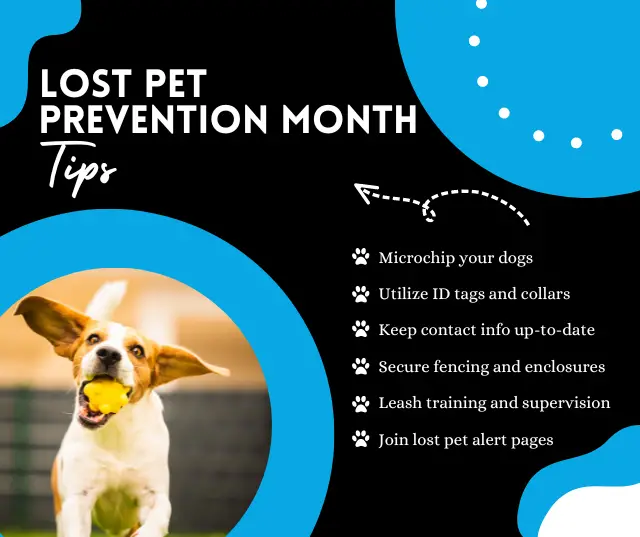A service dog is an invaluable asset for those with physical or mental disabilities. They can provide assistance with everyday tasks, help to reduce anxiety and depression, and even be trained to detect medical conditions like seizures. But before you decide to get a service dog, there are a few things you should know. Here are the top 22 things to consider before getting a service dog:
- Service dogs require extensive training and socialization. It’s important that your potential service dog is well-trained and able to handle different environments and situations.
- You will need to invest in the proper equipment for your service dog such as a leash, collar, harness, and other necessary items.
- You will need to find an experienced trainer who specializes in training service dogs.
- You should research the different types of service dogs available so you can choose one that best fits your needs.
- Service dogs must be kept up-to-date on vaccinations and regular vet visits are essential for their health and wellbeing.
- Service dogs must be groomed regularly in order to keep them healthy and looking their best.
- You may need to make some home modifications in order for your service dog to have easy access throughout your house or apartment building if needed (such as installing ramps or widening doorways).
- You may need special permission from landlords or homeowners associations if you plan on having a service dog live with you in rental housing or condos/apartments complexes that have pet restrictions in place.
- Make sure you understand all of the laws regarding public access rights for people with disabilities who use service animals so that you know what rights you have when out in public with your service dog (such as being allowed into restaurants, stores, etc.).
- Understand how emotional support animals differ from certified therapy animals or psychiatric support animals so that you know which type of animal is right for your needs (and what legal rights they do/don’t have).
- Consider the cost associated with owning a service animal such as food, grooming supplies, vet bills, training costs, etc., before making any final decisions about getting one yourself or helping someone else get one too!
- Be aware of any breed restrictions that may exist where you live since certain breeds may not be allowed due to local laws or insurance policies (such as pit bulls).
- Be prepared for additional responsibilities such as walking/exercising your service animal regularly and providing them with adequate mental stimulation through playtime activities like fetching balls/sticks or playing tug-of-war games!
- Understand the importance of bonding with your new companion by spending quality time together every day – this will help ensure they feel safe & secure while also developing trust between both of you!
- Make sure everyone in your household is comfortable around animals before bringing home a new four-legged friend – it’s important that everyone feels safe & happy when interacting with them!
- Be aware of any allergies within your family since some people may be allergic to certain breeds of dogs (or even just certain types of fur!).
- Research different organizations that specialize in training & placing qualified service animals so that you can find one that best fits your needs & budget!
- Understand how long it takes for a puppy/dog to become fully trained as a certified therapy animal – this could take anywhere from 6 months up to 2 years depending on their age & level of experience when starting out!
- Be aware of any potential behavioral issues that could arise from owning a large breed dog such as barking excessively or becoming overly protective – these issues should be addressed immediately by consulting an experienced trainer if necessary!
- Understand how much space & exercise requirements vary between different breeds – larger breeds tend to require more room & activity than smaller ones do!
- Know what type of environment works best for each breed – some breeds do better living indoors while others prefer outdoor living spaces; understanding this ahead of time can help ensure success once they arrive home!
- Finally, remember that owning a pet is an incredibly rewarding experience but it also comes with its own set of challenges – make sure you’re prepared mentally & financially before taking on this responsibility!









